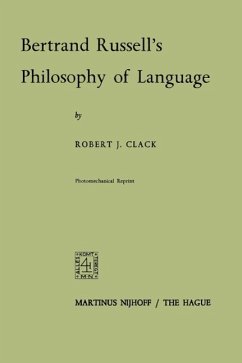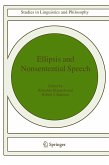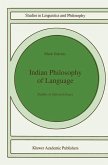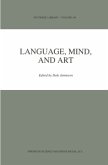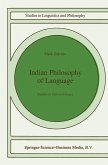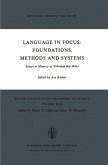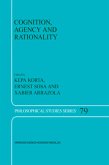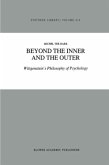RUSSELL AND THE LINGUISTIC PHILOSOPHY It is generally acknowledged that Bertrand Russell played a vital role in the so-called "revolution" that has taken place in twentieth century Anglo-American philosophy, the revolution that has led many philo sophers virtually to equate philosophy with some variety - or varieties - of linguistic analysis. His contributions to this revolution were two fold: (I) together with G. E. Moore he led the successful revolt against the neo-Hegelianism of Idealists such as Bradley and McTaggert; (2) again with Moore he provided much of the impetus for a somewhat revolutionary way of doing philosophy. (I) and (2) are, of course, close ly related, since the new way of philosophizing could be said to consti tute, in large part, the revolt against Idealism. Be this as it may, how ever, the important fact for present consideration is that Russell was a major influence in turning Anglo-American philosophy in the direction it has subsequently taken - toward what may be termed, quite general ly, the "linguistic philosophy. " Unfortunately, though his importance as a precursor of the linguistic philosophy is well-known, the precise sense in which Russell himself can be considered a "philosopher of language" has not, to the present time, been sufficiently clarified. Useful beginnings have been made toward an investigation of this question, but they have been, withal, only begin nings, and nothing like an adequate picture of Russell's overall philoso phy of language is presently available.
Hinweis: Dieser Artikel kann nur an eine deutsche Lieferadresse ausgeliefert werden.
Hinweis: Dieser Artikel kann nur an eine deutsche Lieferadresse ausgeliefert werden.

